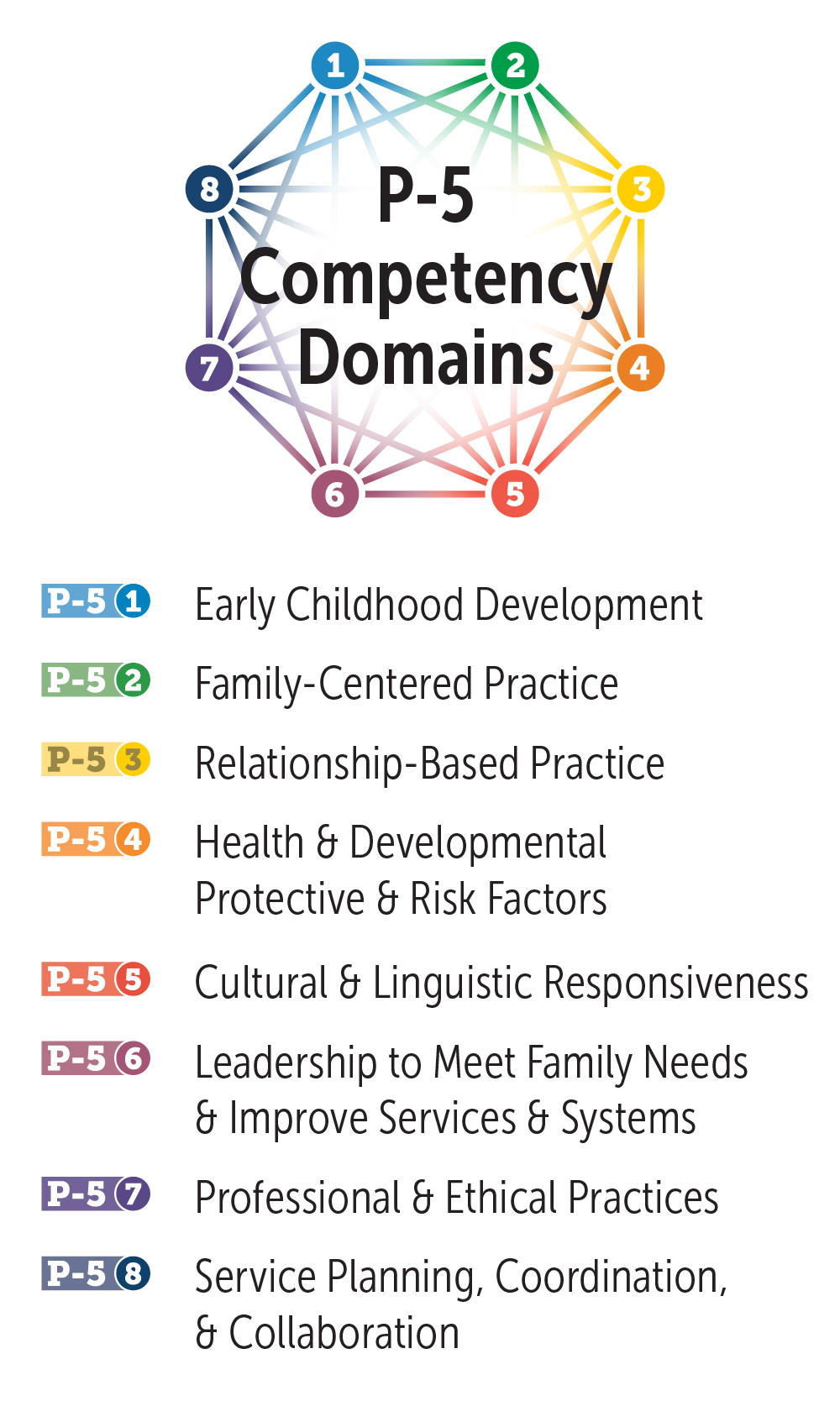
Domestic Violence
Many families experiencing domestic violence also come to the attention of the child welfare system. Infant-Toddler courts are part of the overarching system that works to protect family well-being. This collection of resources includes, understanding relational dynamics of domestic or intimate partner violence, guides for varying professional roles, and the affects of domestic violence on children.
Downloadable ResourcesSearch This List
Search This List
-
Brief | Lessons Learned About Survivor-Centered Support During The Covid-19 Pandemic: Recommendations for Child Welfare and Family Violence Advocates (2021)This brief focuses on best practices and innovative strategies that child welfare leaders can implement to form stronger support networks for survivors of violence and abuse that continue to function in emergency conditions. This brief was developed through a collaborative effort by Futures Without Violence, the American Academy of Pediatrics, and from research by the University of Pittsburgh Medical Center Children’s Hospital of Pittsburgh, which includes a series of interviews with survivors, IPV advocates and administrators, and Child Protective Services (CPS) staff.You must log in to access content.
-
Guide | How to Be An Ally to a Loved One Experiencing Domestic ViolenceThis book is for friends and family who know a loved one experiencing domestic violence and coercive control and would like to know how best to support them. It is also for friends and family who have concerns about a loved one, but who aren’t sure whether abuse is happening. (The terms “domestic violence” and “coercive control” are explained in detail in Section 2.) Safe and Together InstituteYou must log in to access content.
-
Guide | Guide for Engaging & Supporting Parents Affected by Domestic Violence (2018)This guide is designed for staff in domestic violence programs and provides practical guidance for supporting parents affected by domestic violence in their parenting.You must log in to access content.
-
Fact Sheet | Facts About Domestic Violence and Psychological Abuse (2015)Psychological abuse involves trauma to the victim caused by verbal abuse, acts, threats of acts, or coercive tactics. Perpetrators use psychological abuse to control, terrorize, and denigrate their victims. It frequently occurs prior to or concurrently with physical or sexual abuse. National Coalition Against Domestic ViolenceYou must log in to access content.
-
Fact Sheet | Domestic Violence and Children (2015)National Coalition Against Domestic Violence fact sheet on domestic violence and children.You must log in to access content.
-
Fact Sheet | How Does Domestic Violence Affect Children? (2014)Domestic violence is a pattern of behavior that one person in a relationship uses to control the other. The behavior may be verbally, emotionally, physically, financially, or sexually abusive. You as a parent may have left an abusive relationship or you may still be in one. This fact sheet is #1 in a series of 10 sheets written to help you understand how children may react to domestic violence, and how you can best help them to feel safe and valued and develop personal strength. The National Child Traumatic Stress Network and Futures Without ViolenceYou must log in to access content.
-
Paper | 16 Trauma-Informed, Evidence-Based Recommendations for Advocates Working with Children Exposed to Intimate Partner Violence (2014)Futures Without Violence, formerly Family Violence Prevention Fund commissioned a review of evidence-based, therapeutic intervention programs for children exposed to Intimate Partner Violence (IPV) to offer a set of concise and practical recommendations for program staff and advocates working in the field of domestic violence. The recommendations are part of an effort to foster a cycle of learning between research and practice that honors both the importance of evidence-based approaches and wisdom that emanates from implementation.You must log in to access content.
-
Brief | Lessons Learned About Survivor-Centered Support During The Covid-19 Pandemic: Recommendations for Intimate Partner Violence Advocates (2021)This brief focuses on best practices and innovative strategies that IPV advocates can implement to form stronger support networks for survivors of violence and abuse that continue to function in emergency conditions. This brief was developed through a collaborative effort by Futures Without Violence, the American Academy of Pediatrics, and from research by the University of Pittsburgh Medical Center Children’s Hospital of Pittsburgh, which includes a series of interviews with survivors, IPV advocates and administrators, and Child Protective Services (CPS) advocates.You must log in to access content.
Recordings, Videos & Webinars
The Effects of Exposure to Domestic Violence on Babies and Children
Engaging with Families Affected by Domestic Violence: Taking What We Know and Applying It to Practice
The Impact of Domestic Violence on Young Children by the Nebraska Court Improvement Project for Infants and Toddlers
| Access Date | Quiz Result | Score | Actions |
|---|
Learning Center
Technical Support
Need technical support?
Please check our FAQ page for answers to our most common questions

